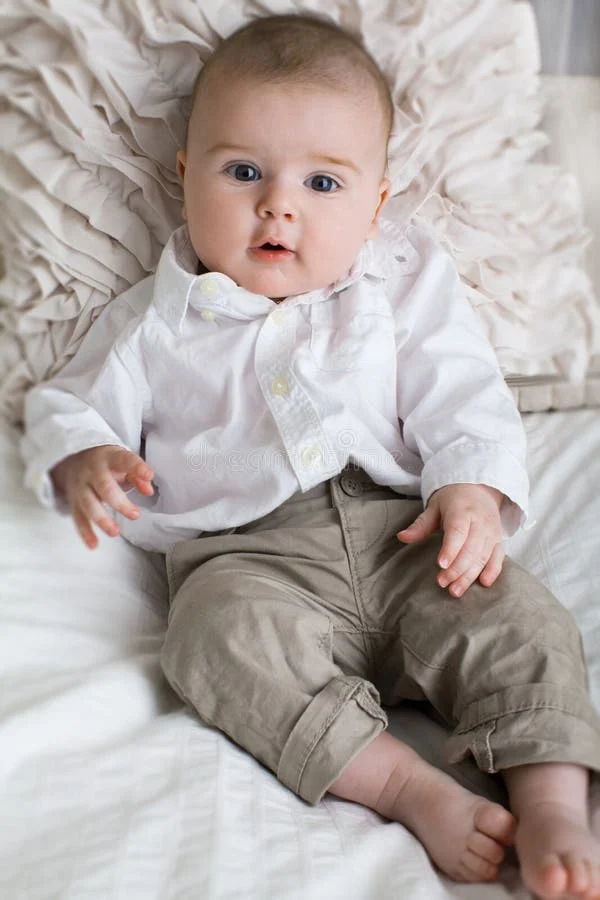A recent recommendation from the CDC has sparked quite a debate: women should halt their alcohol consumption even if they are not currently pregnant. Yes, you heard that right! If you have a uterus and even a fleeting thought about pregnancy, it might be time to put down that glass of wine—at least according to the latest from the CDC.
In a report published earlier this week, the CDC estimates that over 3 million women in the U.S. may be at risk for an “alcohol-exposed pregnancy.” This alarming statistic seems significant until you dive into how they arrived at that number. The criteria for being “at risk” includes any woman who has had sexual relations with a male partner, consumed alcohol, and did not use contraception. So, if someone enjoys a single glass of wine and then has a romantic evening without protective measures, they’re suddenly considered at risk. And just like that, we’re supposed to panic and get rid of all our alcohol—because, why not?
The CDC advocates for a “better safe than sorry” philosophy, suggesting that anyone who might become pregnant should completely abstain from alcohol. This seems overly cautious, especially when you consider that roughly half of all pregnancies are unplanned. Many women spend months or even years trying to conceive. Are we really expected to deny them the occasional glass of wine while they navigate the complexities of conception? That seems a bit much, doesn’t it? Not to mention, even Dr. Julia Anderson, the CDC’s deputy director, acknowledged the difficulty in pinpointing the exact risks involved.
When asked about the actual danger posed by moderate drinking for women trying to conceive, Dr. Anderson stated, “We can’t put a number on that for any individual woman, but we can say that fetal alcohol spectrum disorders are 100 percent preventable if there’s no alcohol exposure at all.” Okay, but does that mean we should live like we’re constantly on the verge of pregnancy? It’s important to recognize the real dangers of alcohol consumption during pregnancy, which can lead to serious health issues for the fetus, including miscarriage and developmental delays. However, calling for complete abstinence from alcohol simply because a woman could conceive is an extreme measure.
Interestingly, a study published in the Journal of Epidemiology and Community Health found that children born to mothers who consumed 1-2 drinks per week during pregnancy showed no increased risk of cognitive or behavioral issues by age five. Thus, it may not be as catastrophic as some might fear if a woman has a drink or two before realizing she’s pregnant.
Let’s be clear: while prioritizing the health of unborn children is critical, suggesting that women should alter their lifestyles solely based on potential pregnancy is a tad unreasonable. Women are not just future mothers; they’re individuals with lives to lead.
For more insights on navigating this complex topic, check out this post on Modern Family Blog. If you’re considering at-home insemination options, Cryobaby offers reliable kits that might be worth exploring. Additionally, for more information on fertility insurance and related inquiries, this resource is incredibly helpful.
In Summary:
The CDC’s call for women to abstain from alcohol even when not pregnant is contentious and raises many questions about personal choice versus health risks. While it’s essential to recognize the potential dangers of alcohol during pregnancy, the advice may be overly cautious for women who are actively trying to conceive or who may become pregnant unintentionally.

Leave a Reply